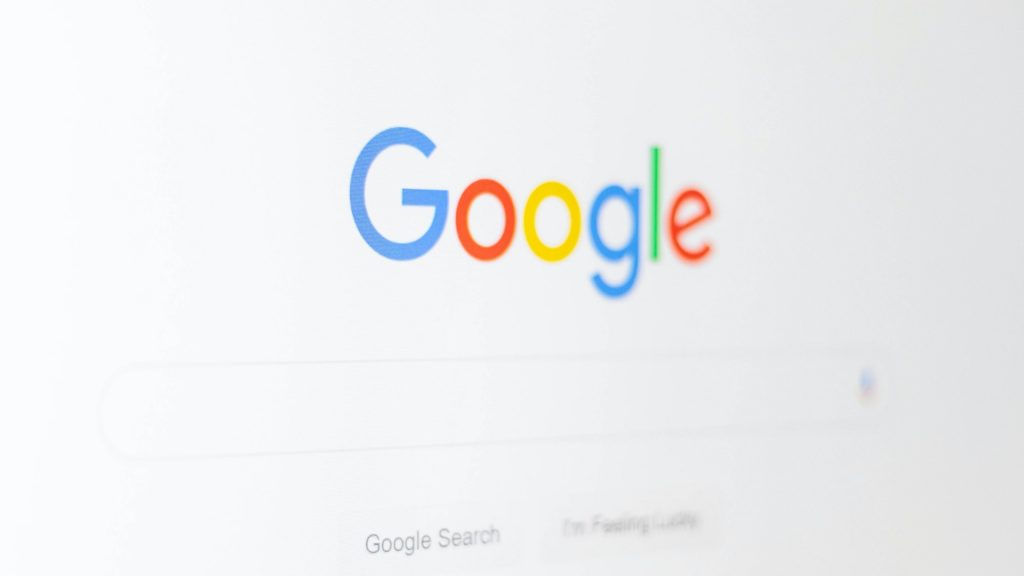- This week Google shared its 2022 Search Results for countries across the globe.
- Sticking with search, the EU Court of Justice has ruled that its citizens have the “right to be forgotten”.
- This means that search providers like Google must remove results if they feature gross inaccuracies about said person.
This week the issue of search is particularly pertinent as Google has released its 2022 Search Results for countries across the globe, including South Africa. Soon some search results may need to be removed, as the EU Court of Justice has ruled that people have the “right to be forgotten” if said results feature significant inaccuracies.
This means that search providers like Google will need to remove results if requested by people residing in the European Union (EU).
The right to erasure, as it is termed sates that, “the operator of a search engine must dereference information found in the referenced content where the person requesting dereferencing proves that such information is manifestly inaccurate.”
“The data subject’s rights to protection of private life and protection of personal data override, as a general rule, the legitimate interest of internet users who may be interested in accessing the information in question,” the Court of Justice added in a press release (PDF).
The ruling also notes that evidence may be requested in order to fulfil the search result removal, but there is a “reasonable” limit to which additional information can be asked for, such as not needing to acquire judicial documents, for example.
Speaking to Politico regarding the ruling, Google said that, “We welcome the decision, and we will now study the text of the CJEU’s decision,” a spokesperson told the publication in an official statement.
“The links and thumbnails in question are not available via the web search and image search anymore; the content at issue has been offline for a long time,” it added in respect to content that has not been made accessible.
As Engadget points out, one area the ruling does not highlight is parody, which could test the legal limits of this new decision.
Just how many requests Google and others will need to start fielding now remains to be seen, but more interesting is whether this right to privacy and erasure will be applied in other regions where Google operates.
[Image – Photo by Christian Wiediger on Unsplash]

